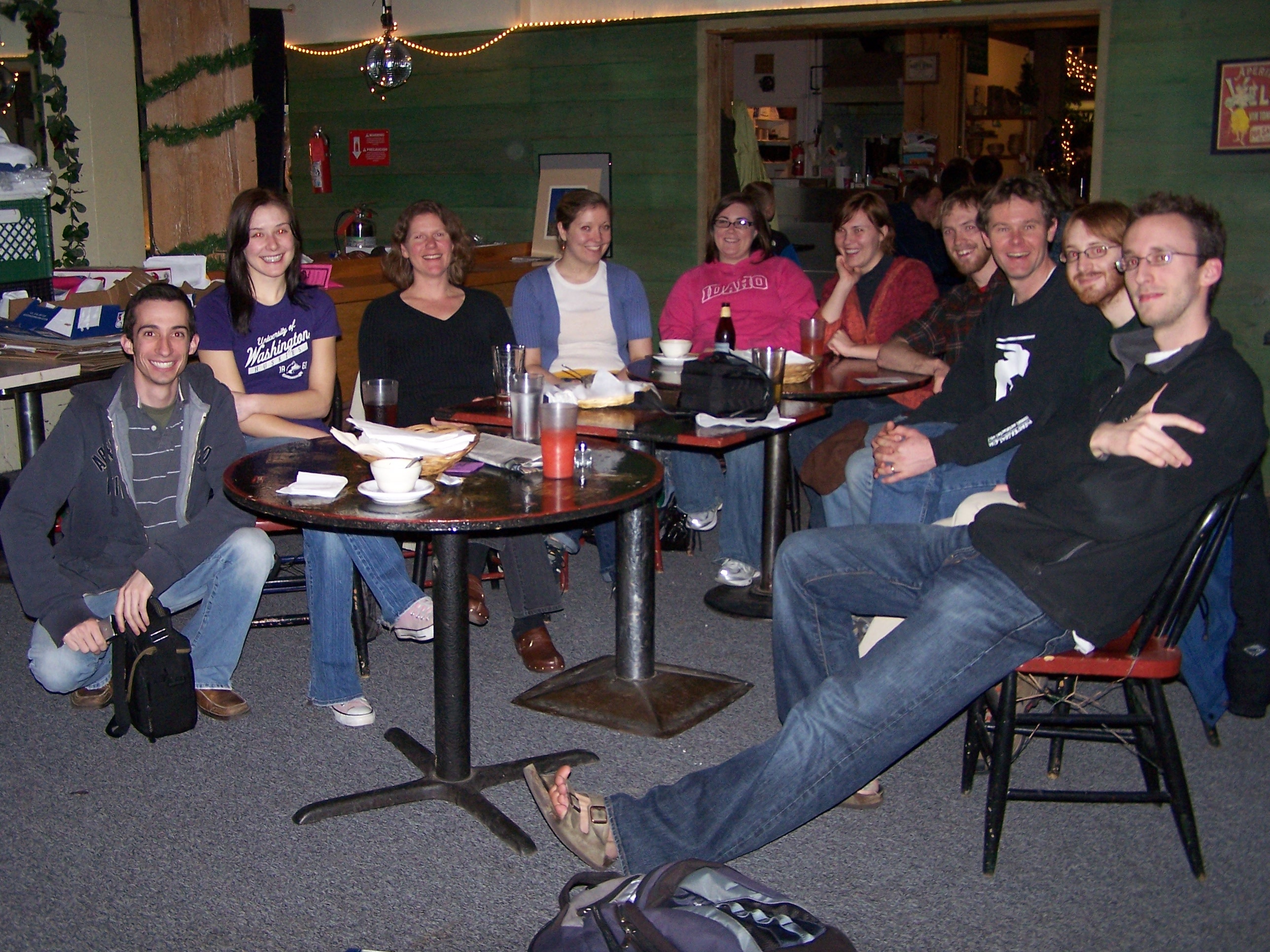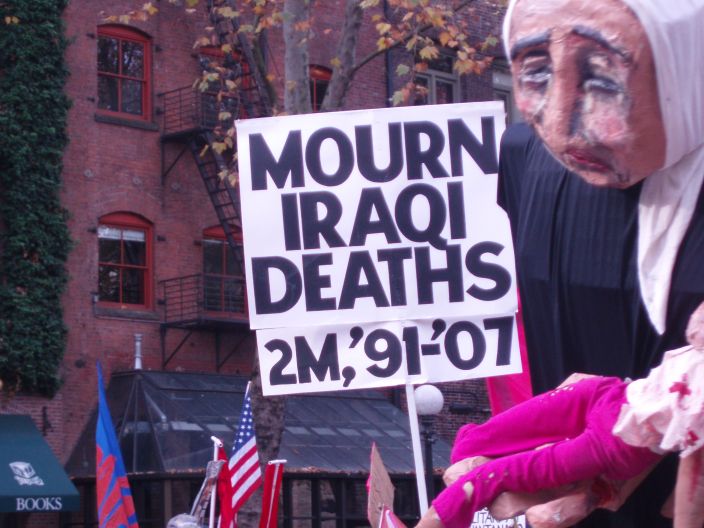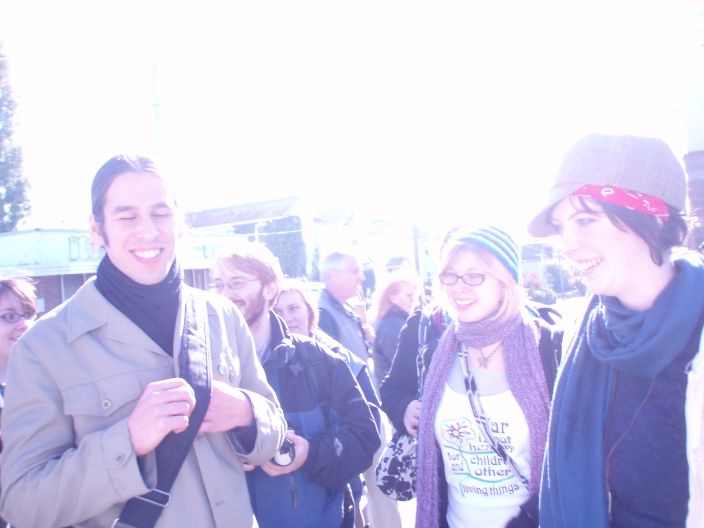student engagement
COURSES:
----------------------------------------------------------------------------------------
Development of Social Theory
Believe it or not, we have yet to really figure out everything about the ways we coexist in the social world. But, scads of folks have had a good time trying to pose their ideas on this complicated topic. Welcome to the subject of social theory. Whereas the natural sciences study how things like our bodies and biospheres work, social scientists study how individuals, social groups, and societies work. Our common sense often gives us good hunches surrounding such things, but common sense can only become “social theory” when tested empirically and debated openly. Often, as individuals, we do not test our ideas systematically; rather, we tend to seek examples in life that consistently confirm our hunches (all the while bypassing incidents that could thoroughly dismantle our ideas). Further, our common sense ideas are often too sacred for our peers to critique openly (unless your peers are incredibly bold)! This is really what separates our common sense experience with social thought and what you are about to encounter: the development of social theory. Read syllabus...
Introduction to Sociology (Honors)
This course introduces students to the skill of thinking sociologically and the skill of testing sociological ideas through empirical research. To fulfill this goal, we will read and examine four books that provide rich analyses of sociological phenomena. Various subfields within sociology are discussed in these books, such as, Race, Class, and Gender; Power Structures; Political Economy; Deviance; Social Movements; Environmental Sociology; and Research Methods. Most importantly, this course should open students’ imagination as we encounter societal experiences different from our own. Read Syllabus...
Methods of Social Research
This course introduces students to the practices of ‘doing’ sociology. The course will cover various methods which sociologists use in order to answer research questions. But, throughout this course, we will also apply a critical perspective. What does this mean? It means that we will ask questions, such as, how can sociologists prove that they have really found answers through their research? Or, why should anyone believe what sociologists say? Each method we cover in class will be scrutinized not only for its strengths, but also for its inherent limitations. The better a sociologist understands the limitations (along with the strengths) of any given method, the more s/he is capable of gaining respect from her/his audience. This course will facilitate students’ understanding of the general difficulties that social researchers face when they are trying to generate knowledge about the social world. Read Syllabus...
Political Economy
The purpose of this course is to introduce students to classical and contemporary political economic critiques. The course will tend to have a global outlook by investigating the economic history of the environment and the current economic crises facing the international community. But, it will also take a hard look at the experiences of workers in the U.S. while the economic system continues to intensively globalize. Students will be encouraged to analyze and discuss the course materials critically in order to develop their own perspectives on this subject. Read Syllabus...
Post-Colonialism
This course examines the history of development thought and its influence in post-colonial perspectives. Although generally conceived as a theory course in international development, this course will apply sociological tools for understanding the criticisms of modernization, neo-liberalism, and early dependency theories. Taking the position of the "other", post-colonial theory broadens the scope of these aforementioned theories by drawing upon everyday social experience and the myriad social relations that complicate mainstream and mono-causal explanations of such things as uneven development, diversity, poverty, conflict, and environmental degradation. In learning what stirred the rise of post-colonial theories, students will learn how international development is understood from a variety of perspectives outside of the U.S. Read Syllabus...
Social Change & Globalization
Social change is a central area of study in sociology. Original studies tried to explain the reason for, and impact of, the Industrial Revolution in the 19th century. Globalization is among the key social phenomena instructing contemporary discussions in social change. This course asks the following questions: What are the impacts of globalization in U.S. society? How are these social impacts connected to people's experiences in other countries? To answer these questions we will explore historical explanations of social and economic development. From this foundation, we will consider alternative explanations arising from the "margins"; namely, critiques using race, gender and class analyses. As we explore these theoretical frameworks, we will examine case studies of U.S. deindustrialization, U.S. industrial restructuring in connection to free trade agreements, and international migration as a means to providing domestic services to "First World" customers. Read Syllabus...
STUDENT RESEARCH
----------------------------------------------------------------------------------------
Hegemonic Femininity in Ukrainian Politics
Soren Newman, Fall 2006, reviewed English language academic articles and international reports regarding Ukraine's economic restructuring and national politics. In her work, she located how femininity was being framed within a global hegemonic framework, reasserting a soft disposition with beauty as a primary aim.
STUDENT ACTIVISM
----------------------------------------------------------------------------------------
U.I. Student Socialist Club

The U.I. Socialist Student Club was created by students who sought an open forum for exploring alternative social systems, among these alternatives is socialism. The students engage in discussions surrounding social and political economic theories and strive to engage in meaningful activities that educate and assist community members. The Club members represent a vast array of disciplines, including architecture, biology, business, computer science, economics, international studies, sociology, and theater arts.

Above: Before the Seattle Peace March, October 2007. Below, powerful messages during the march. (Photographer Lynn McAlister)

